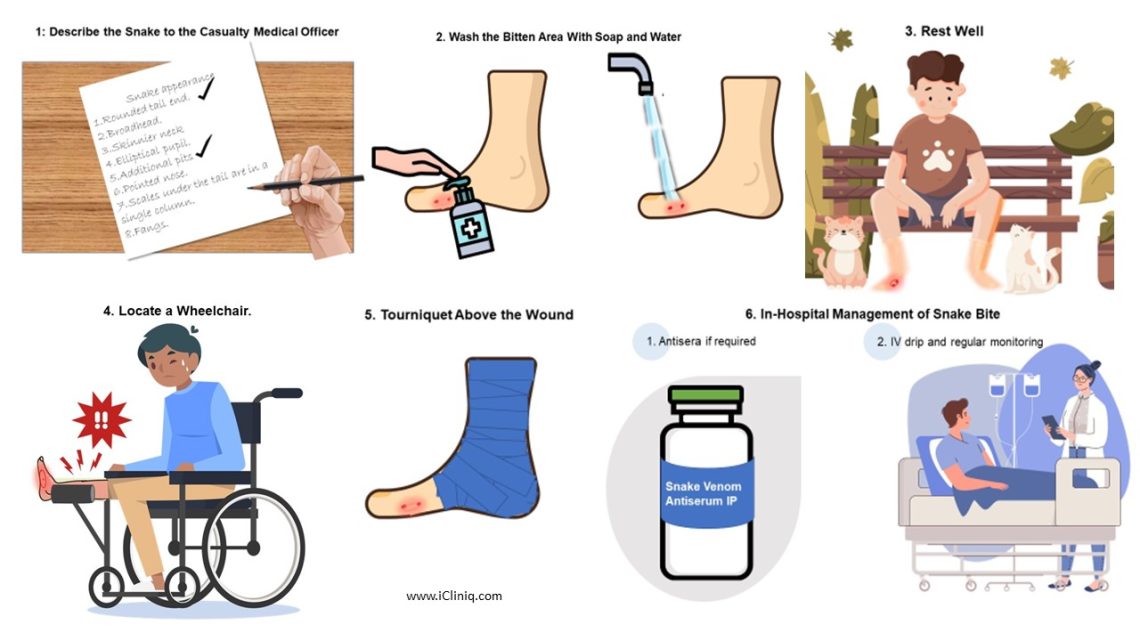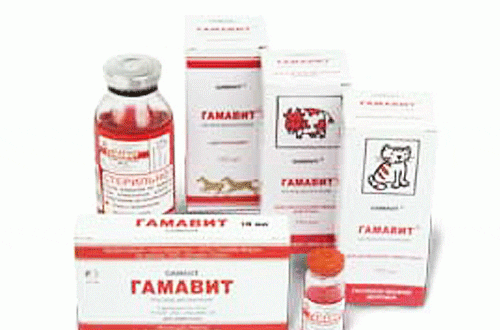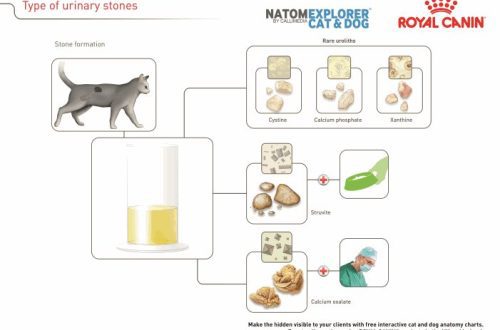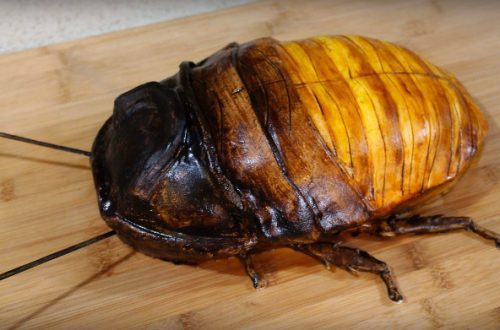
What to do if you are bitten by a viper: consequences of a bite, necessary first aid and proper treatment
The viper is a very peaceful snake, it attacks a person very rarely, only in case of danger. Usually vipers try to avoid people, so it is quite difficult to provoke its aggression: you need to either step on it with your foot or grab it with your hands. However, do not forget that this snake is very poisonous. The bite of a viper, although not fatal, is, admittedly, quite painful. Usually, after a bite, people recover after 3-4 days.
Over the past few decades, people have practically not died from a viper bite, however, deaths have occurred with improper treatment. A person meets with a viper quite often, but such meetings end in death in extremely rare cases.
For most adults, a viper bite does not threaten any serious consequences, however, the bite should not be taken lightly and first aid should be provided to the bitten immediately. In some cases, at the site of the bite there may be a dark spot – this is a consequence of necrotizing part of the human skin. Rarely enough, but still there are complications associated with visual impairment.
The degree of danger of a viper bite is determined depending on the size of the bitten snake, the height and weight of the bitten, the state of health of the victim, where the bite was made, how quickly and correctly the first aid was provided, how much poison the snake released.
Vipers try not to excrete poison without urgent need, treat it carefully and economically. In some cases, when bitten by a viper, it may not emit poison at all, however, absolutely any snake bite must be taken very seriously, because it is not possible to determine externally whether the viper has emitted poison.
Consequences of a viper bite
- The action of the poison released by the viper when bitten is hemolytic in nature. At the site of the bite, as a rule, edema appears, accompanied by unpleasant pain and numerous small hemorrhages. In addition, there is a possibility of vascular thrombosis and hemorrhage of internal organs.
- On the sore spot you can see two deep wounds, which the viper leaves during a bite with poisonous teeth. The blood in these wounds is baked quickly enough, which eliminates the possibility of future bleeding. The tissues that surround the wound usually become bluish and edematous. If the snake has bitten into the hand, after some time the patient’s fingers may begin to bend badly due to pain or swelling, which can often spread right up to the elbow.
- Bitten by a viper, as a rule, chills, the temperature rises, feeling of nausea. Sometimes these symptoms are also accompanied by a deterioration in cardiac function, the patient is dizzy, and nausea develops into vomiting. All this is the result of a malfunction of the circulatory system of the body. At the same time, the pressure decreases in the victim, internal blood loss is observed, the person becomes weak, and sometimes even loses consciousness. In especially difficult cases, convulsions may appear, arousal of a person may increase. Unfortunately, these complications are often fatal. A person dies in about 30 minutes, although there are cases when death occurs in more than a day.
In our country, only the common viper is found. The bite of such a snake almost never leads to death.
First aid for viper bite
- Bitten by a snake required lay down as soon as possibleproviding the patient with peace and quiet. Never allow the victim to move on their own. The effectiveness of the entire treatment largely depends on how soon first aid is provided to the bitten.
- If there is such an opportunity, you need to start helping the victim in a matter of seconds after the bite. At once open up the wound, by clicking on it, suck out the poison, of course, spitting it from time to time. If there is not enough saliva, you can draw some water into the rod and continue to suck out the poison for 15 minutes. If you do everything right, in these 15 minutes you will be able to remove half of the poison from the patient’s body. There is no risk of infection for the person helping, even if there are small wounds or abrasions in the oral cavity. If there is no one to help, you will have to try to suck out the poison on your own.
- After that, it is imperative disinfect the wound, then use a bandage or gauze bandage. Soft tissues should not be squeezed, so when the swelling spreads, you need to loosen your bandage from time to time. In order for the poison to spread through the body as slowly as possible, try to limit the movement of the part of the body into which the bite was made as much as possible. Ideally, you need to fix the affected limb in one position by bending it. In order for the poison to leave the body faster, give the patient as much liquid as possible. For this, broth, tea, ordinary drinking water are perfect, but, for example, coffee is not suitable, since excess excitement during a viper’s bite is strictly contraindicated.
Viper bite antidote
At any hospital, clinic or paramedical station there is a drug “Anti-Viper”, designed specifically to neutralize the action and completely remove snake venom from the body. However, when taking this serum, it should be borne in mind that improvements will be observed no earlier than after a few hours. It is highly desirable to spend this time under the supervision of a doctor, who is likely to be able to select other effective drugs to treat the effects of a viper bite.
The doctor usually apply iodine to the affected area, closes the wound with a bandage to prevent re-infection. The adoption of these measures, and especially the timely provision of first aid, with a high degree of probability will ensure a complete recovery in a few days, subject to bed rest and unconditional adherence to all the instructions of doctors.
It is unlikely that a viper bite will end for a healthy person with a fatal outcome, but prompt and competent treatment is necessary. If a person neglects his own health and does not go to a clinic or hospital, serious complications are possible, such as chronic kidney failure for the rest of his life.





